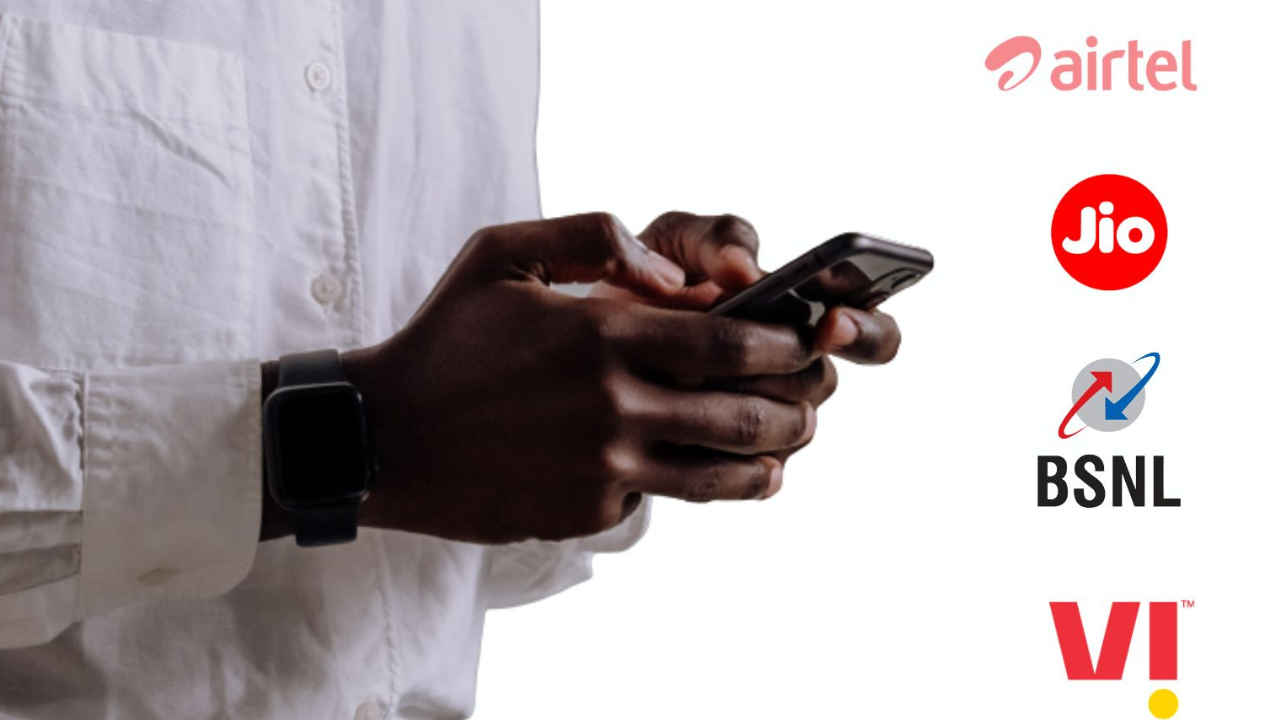

The telecom regulator TRAI (Telecom Regulatory Authority of India) has sent in a notice to service providers to create a uniform digital platform in two months to obtain, preserve, and withdraw consumer authorization for promotional calls and messages in order to stop the threat of intrusive calls and SMS.
"TRAI has now issued a direction to all the access providers to develop and deploy the Digital Consent Acquisition (DCA) facility for creating a unified platform and process to register customers' consent digitally across all service providers and principal entities," stated TRAI.
Also read: Delhi Metro Airport Line users can book tickets on WhatsApp: Here’s how
According to a statement released on Saturday by TRAI, only subscribers will be able to begin the process of registering their consent for acquiring promotional calls and SMS in the first phase.
After that, business entities will be able to contact customers to ask for their permission to get promotional messages.
Further instructions have been given to access providers, which include telecom companies like Reliance Jio, Bharti Airtel, and Vodafone Idea, to use a standard short code that begins with the number 127 for sending messages requesting approval.
There is currently no centralised way to demonstrate client consent for receiving promotional messages. Various primary enterprises, including banks, other financial institutions, insurance firms, trading businesses, business entities, real estate companies, etc., seek and maintain consent under the current system. Because there isn't a single digital platform, telecom companies can't verify the validity of permission.
Also read: Unlimited night data from 12 am to 6 am on Vi’s new prepaid plans
TRAI mentioned that, "The DCA process shall have the facility to seek, maintain and revoke the consent of customers, as per the processes envisaged under TCCCP Regulation 2018. The consent data collected will be shared on the Digital Ledger Platform (DLT) for scrubbing by all access providers,"
The statement also mentioned, "The purpose, the scope of the consent, and the principal entity or brand name shall be mentioned clearly in the consent-seeking message sent through the short code."